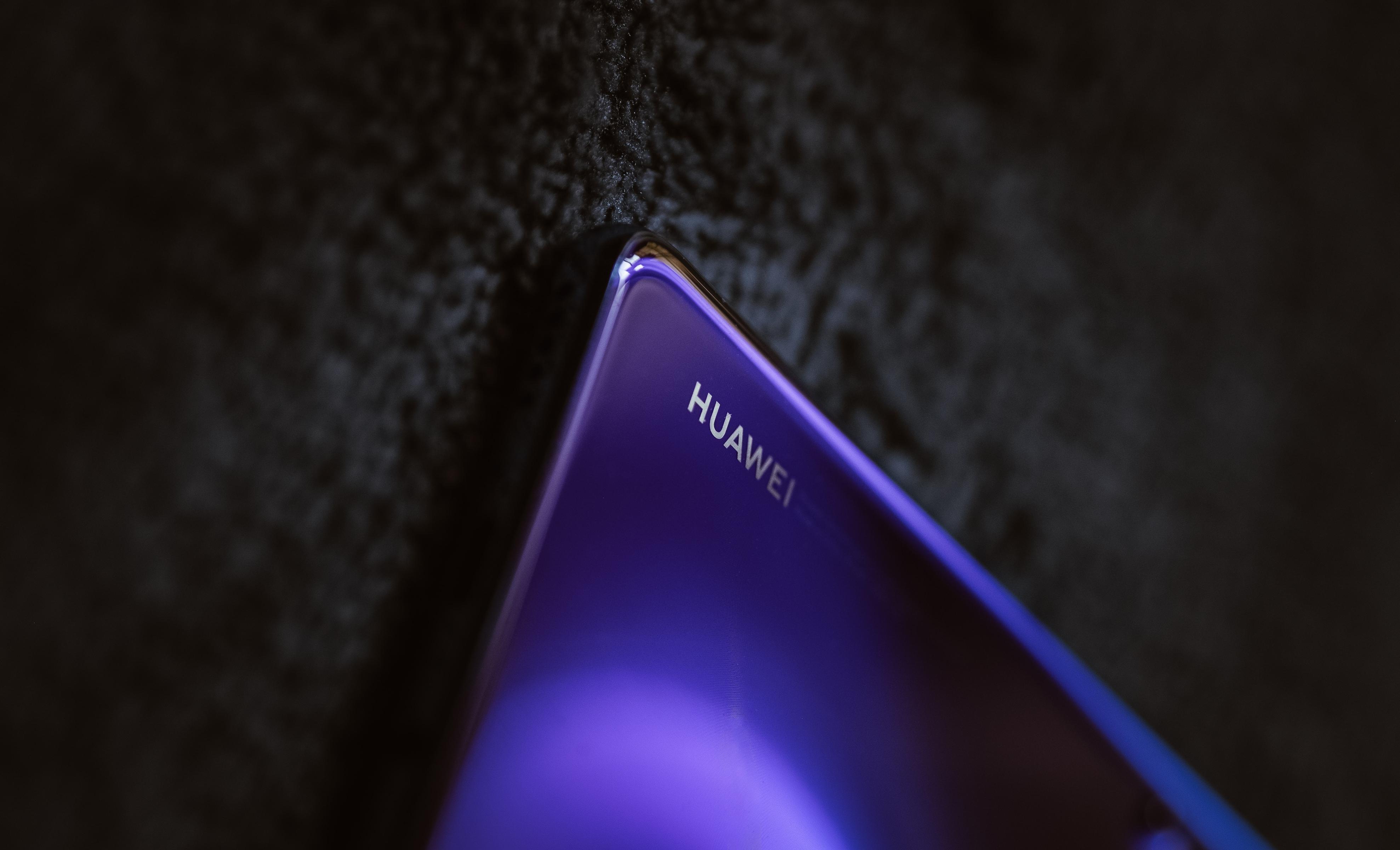According to analysts, Huawei Technologies recently made a chip manufacturing breakthrough, highlighting China's capacity for retaliation against U.S. sanctions. It unveiled its latest Mate 60 Pro smartphone during U.S. Commerce Secretary Gina Raimondo's China visit.
The Mate 60 Pro is equipped with Huawei's proprietary Kirin 9000s chip, manufactured by top contract chipmaker SMIC using advanced 7nm technology. A teardown conducted by TechInsights revealed the phone's impressive performance, signaling China's progress in developing high-end chips despite U.S. efforts to impede their access to advanced chipmaking tools.
TechInsights analyst Dan Hutcheson said the breakthrough demonstrates the technical progress China's semiconductor industry has been able to make without EUV tools. The achievement also highlights the resilience of China's chip manufacturing ability. Extreme ultraviolet lithography, which is used for making 7nm or more advanced chips, has been restricted.
Jefferies analysts warned that TechInsights' findings could lead to a probe from the U.S. Commerce Department's Bureau of Industry and Security. The report could also fuel more debate in the U.S. regarding the effectiveness of sanctions and potentially result in even harsher tech sanctions against China.
The U.S.-China tech war is expected to escalate further, with Congress preparing a competition bill against China that may include stricter sanctions. Previously, SMIC, which collaborated with Huawei for the Mate 60 Pro chip, was limited to producing 14nm chips after being denied access to EUV machines.
However, TechInsights reported that SMIC could manufacture 7nm chips by modifying existing DUV machines from Dutch firm ASML. Some analysts speculate that Huawei may have acquired the necessary technology and equipment from SMIC to produce the chip.
China's success in chip manufacturing serves as a significant geopolitical challenge to countries attempting to restrict its access to critical manufacturing technologies. The result may be further restrictions on China's advancement in chipmaking.
The Chinese government is also preparing to invest a significant amount, $40 billion, to strengthen its chip sector. The U.S.-China tech war is expected to intensify as sanctions and countermeasures continue to shape the landscape of global technology competition.
Photo: Omid Armin/Unsplash



 Once Upon a Farm Raises Nearly $198 Million in IPO, Valued at Over $724 Million
Once Upon a Farm Raises Nearly $198 Million in IPO, Valued at Over $724 Million  Nvidia, ByteDance, and the U.S.-China AI Chip Standoff Over H200 Exports
Nvidia, ByteDance, and the U.S.-China AI Chip Standoff Over H200 Exports  CK Hutchison Launches Arbitration After Panama Court Revokes Canal Port Licences
CK Hutchison Launches Arbitration After Panama Court Revokes Canal Port Licences  OpenAI Expands Enterprise AI Strategy With Major Hiring Push Ahead of New Business Offering
OpenAI Expands Enterprise AI Strategy With Major Hiring Push Ahead of New Business Offering  Toyota’s Surprise CEO Change Signals Strategic Shift Amid Global Auto Turmoil
Toyota’s Surprise CEO Change Signals Strategic Shift Amid Global Auto Turmoil  China Extends Gold Buying Streak as Reserves Surge Despite Volatile Prices
China Extends Gold Buying Streak as Reserves Surge Despite Volatile Prices  Amazon Stock Rebounds After Earnings as $200B Capex Plan Sparks AI Spending Debate
Amazon Stock Rebounds After Earnings as $200B Capex Plan Sparks AI Spending Debate  Dollar Steadies Ahead of ECB and BoE Decisions as Markets Turn Risk-Off
Dollar Steadies Ahead of ECB and BoE Decisions as Markets Turn Risk-Off  Washington Post Publisher Will Lewis Steps Down After Layoffs
Washington Post Publisher Will Lewis Steps Down After Layoffs  Dow Hits 50,000 as U.S. Stocks Stage Strong Rebound Amid AI Volatility
Dow Hits 50,000 as U.S. Stocks Stage Strong Rebound Amid AI Volatility  Gold and Silver Prices Rebound After Volatile Week Triggered by Fed Nomination
Gold and Silver Prices Rebound After Volatile Week Triggered by Fed Nomination  SpaceX Pushes for Early Stock Index Inclusion Ahead of Potential Record-Breaking IPO
SpaceX Pushes for Early Stock Index Inclusion Ahead of Potential Record-Breaking IPO  TSMC Eyes 3nm Chip Production in Japan with $17 Billion Kumamoto Investment
TSMC Eyes 3nm Chip Production in Japan with $17 Billion Kumamoto Investment  SoftBank Shares Slide After Arm Earnings Miss Fuels Tech Stock Sell-Off
SoftBank Shares Slide After Arm Earnings Miss Fuels Tech Stock Sell-Off  Hims & Hers Halts Compounded Semaglutide Pill After FDA Warning
Hims & Hers Halts Compounded Semaglutide Pill After FDA Warning  American Airlines CEO to Meet Pilots Union Amid Storm Response and Financial Concerns
American Airlines CEO to Meet Pilots Union Amid Storm Response and Financial Concerns 































